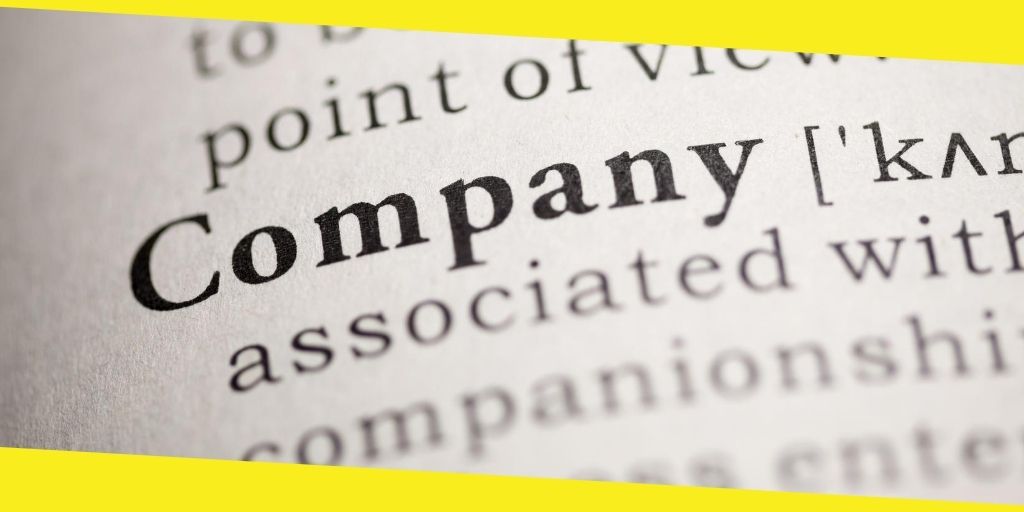
A limited partnership is a legal entity that acts as a trustee, representative, or trustee on behalf of an individual or company to administer, manage, and possibly transfer assets to beneficiaries. The fiduciary acts as the legal owner of the assets in the trust are responsible for processing the assets owned by the trust, filing trust tax returns, and distributing the assets following the rules of the trust. Both roles are associated with legally required responsibilities.
The basic need of a trustee
To be a responsible trustee, you need a basic understanding of the role of charities in society. In general, you are not expected to have experience at the board level or an expert on a particular cause or charity. It is important to be enthusiastic about participating in charities. State Trustees make sure the charity knows what is going on. Trustees make sure to know what is happening to those outside the charity. The board asks what the board thinks before changing the rules. Trustees should ask what others think of charity. The trustee should be able to take responsibility for the trust of the money or assets that are reserved for another use. As an authorized person, trust money or assets must be used only for the benefit of the beneficiary.
Creating a trustee
A trustee can be created if you an follow the some of instructions given here. You have to pick a type of living trust. You’ll first need to decide whether you want a single or joint trust. Take the stock of your property and choose a trustee. Draw up the trust document sign it and transfer your property to the trust. Many states require final consent and evidence to file with the relevant state court when a person dies. When this happens, the will becomes a public record for anyone who can read it. However, trust funds are not registered.
Why you have to be a trusty
Being a trustee gives you the following opportunity: To support an executive who leads an organization that has a real impact on individuals or society as a whole. Provide your skills and expertise for an important reason. Gain valuable experience and learn new skills in leadership. Among the main benefits of trusts are they allow you to: provide rules on how and when assets will be distributed after your death; Reduction of property and gift taxes; Effective distribution of assets to heirs without costs, delays, and publicity of the probation court.
Conclusion
Trust can be a good way to reduce inheritance taxes, but you need professional advice to fix it. At the end of the trust, the trustees have a legal obligation to care for and manage the trust’s assets for the person who will benefit from the trust. The state seeks benefits from the state holders and gives them the opportunities and the new scopes for different business and marketing ideas. A fiduciary is a trusted arrangement that allows a third party or authorized person to hold assets on or in the name of a beneficiary.